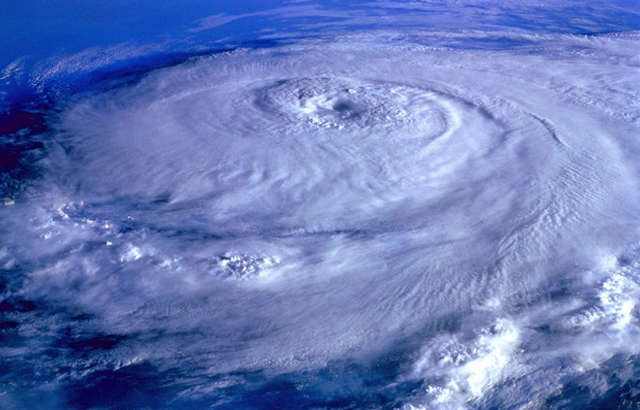Contributed by Jin Park, 9 to 5 Pets Team
The Atlantic hurricane season runs from June 1 through November 30. As pet owners, we know that our pets are important members of our household so it is imperative to include them in our emergency plan. If you have not already created a plan for you and your fur family, here are some tips to get your started.
First, prepare a pet emergency supply kit.
Assemble a pet emergency supply kit that is easily accessible and transportable. Be sure to review your kits regularly to ensure that the contents such as food and medications are fresh. Here are some examples of what to include in your supply kit:
- Food – Keep at least three days of food in an airtight, waterproof container.
- Water – At least 3 days of water supply for your pet.
- Medicines and medical records – Keep an extra supply of medicines that your pet takes on a regular basis in a waterproof container. Also, keep information on feeding schedules, medical conditions, behavior problems, and vet information, in case you have to foster or board your pets.
- First aid kit
- Collar with up-to-date, ID tag, harness, and leash.
- Crate or pet carrier.
- Sanitation items such as potty pads, waste bags, litter, litter scoop, disposable litter trays, and sanitation wipes.
- Current photos of you with your pets in case they get lost. Many animals look similar, so having an up to date photo will reduce any confusion if you have to retrieve your pet after an emergency.
Create a plan
If you have to evacuate your home, please take your pet with you. Remember, if it is not safe for you then it is not safe for your pets!
Here are some tips for creating your emergency plan:
- Know which hotels are pet friendly hotels as well as pet friendly shelters who will accept pets in an emergency.
- Include your pets in evacuation drills so they can become used to entering and traveling in their carriers calmly.
- Make sure your pet’s vaccinations are up-to-date and that all your pets are wearing collars with up-to-date identification. Many shelters require proof of current vaccinations.
- You can also consider microchipping your pet in case your pet gets lost.
If you are unable to take your pet with you, locate a safe haven or designated caregiver. Remember to arrange your plans well in advance.
- Contact your vet for a list of preferred boarding kennels or facilities.
- Ask your friends or relatives outside your immediate area to shelter your pets.
- Local shelters may provide emergency shelter or foster care for pets.
If you are not home during a disaster or evacuation order, make arrangements well in advance for someone to take care of your pet. 9 to 5 Pets is a great resource because we are already familiar with your pets and have access to your home. Remember to let the caretaker know where your pets are likely to be (especially if they hide when they are nervous) and where they can locate the pet emergency supply kit.
If you decide to stay in your home, here are some tips to include in your plan:
- Determine which rooms offer safe havens. These rooms should be clear of hazards such as windows, flying debris, toxic products, etc. Also, keep your emergency supply kit in this room for easy access.
- In case of flooding, move your safe haven to the highest point of your home.
- Close off or eliminate unsafe nooks and crannies where frightened pets may try to hide.
- Bring your pet indoors as soon as you are aware that trouble is on the way. Keep dogs on leashes and cats in carriers.
- Have access to a supply of fresh water – you can fill up bathtubs and sinks ahead of time to ensure that you have access to water during a power outage or other emergencies.
- Listen to the radio periodically for updates and do not come out until you know it is safe.
Remember, the best way to protect your family during an emergency is to have a plan. It can ultimately save their lives.
References:
- https://www.cpc.ncep.noaa.gov/products/outlooks/hurricane.shtml
- https://www.aspca.org/pet-care/general-pet-care/disaster-preparedness
- https://www.aspca.org/sites/default/files/preparedness_for_pets_sep_2015.pdf
- https://www.redcross.org/get-help/how-to-prepare-for-emergencies/pet-disaster-preparedness.html
- https://www.humanesociety.org/resources/make-disaster-plan-your-pets
- https://www.cdc.gov/features/petsanddisasters/index.html
Image courtesy of Pexels.com

